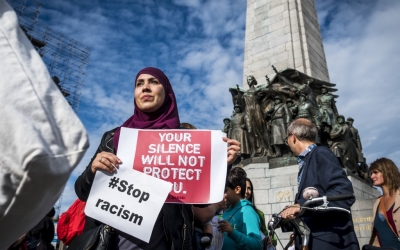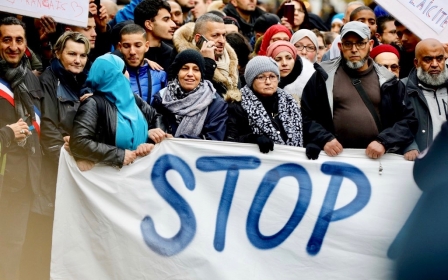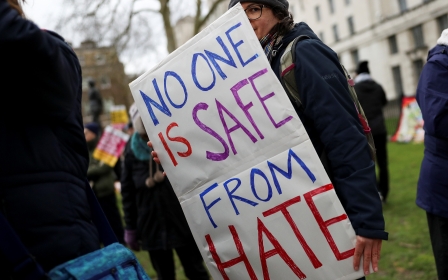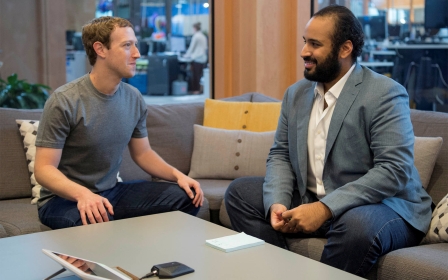Will Muslims be protected under YouTube's new anti-harassment policy?
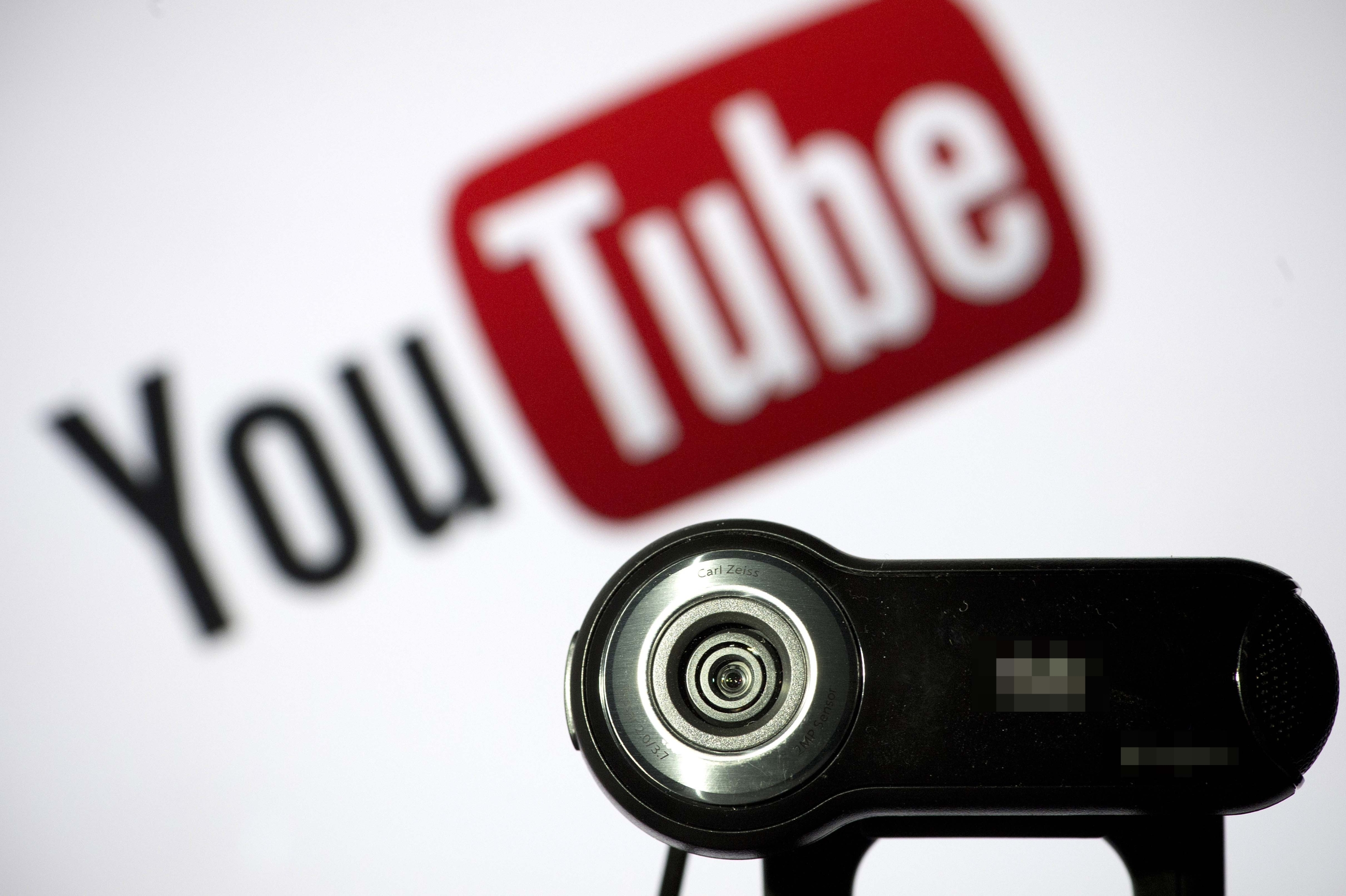
Six months after YouTube was criticised for refusing to remove a homophobic video, the Google-owned platform said it will take a "stronger stance" against threats and personal attacks made on the video-sharing site.
In an announcement on Wednesday, YouTube said it was tightening rules regarding what it considers to be offensive, and will ban videos that "maliciously insult" anyone based on race, gender or sexual orientation.
The update came after Steven Crowder, a right-wing comedian, targeted a journalist at Vox Media with references to his sexual orientation.
Muslim Advocates, a rights group based in Washington, said while it welcomed the announcement, YouTube's anti-harassment policy should also include protections for Muslims.
"They were saying that they were going to be committed to cracking down on content that promotes discriminatory theories against a protected class," Madihha Ahussain, the special counsel for anti-Muslim bigotry at Muslim Advocates, told Middle East Eye. "So that would mean, for example, discriminatory or anti-Muslim theories against individuals that identify as Muslim."
New MEE newsletter: Jerusalem Dispatch
Sign up to get the latest insights and analysis on Israel-Palestine, alongside Turkey Unpacked and other MEE newsletters
'Put this policy into practice'
For years, YouTube has faced criticism for allowing content that has targeted minorities and historically marginalised groups to be aired unchecked.
It took the platform several months to remove videos by Soph, a 14-year-old YouTuber who produced anti-black content and also videos that espoused hatred against Muslims.
Soph's YouTube channel, which operated under a thin guise of edgy internet comedy, gained an audience of more than 800,000 subscribers before it was finally blocked in August.
Ahussein said that while the updated approach may be a step in the right direction, "the key is how they enforce the policy". YouTube needs to put "this policy into practice," she added.
In a blog post on Wednesday, YouTube said it was "tightening our policies for the YouTube Partner Program (YPP) to get even tougher on those who engage in harassing behaviour and to ensure we reward only trusted creators."
Still, according to videos seen by Middle East Eye, several that espoused both hate speech and discrimination against Muslims were readily available.
MEE reached out to YouTube for comment, but had yet to receive a response at the time of publication.
Anti-Muslim bigotry
Ahussein said anti-Muslim bigotry was widespread on the platform, citing lewd videos - some numbering in the millions of views - that targeted Muslim congresswomen Ilhan Omar and Rashida Tlaib.
"We have examples of videos that are still up on YouTube that we believe are promoting these theories about them being terrorists or Muslims being terrorists," Ahussein told MEE.
Both congresswomen have received multiple death threats in recent months because of their staunch opposition to US President Donald Trump.
Another concern about the platform, Ahussein said, was not only the videos but the accomponying comments section as well.
"The comments section is a tool that is misused consistently by individuals that are not just anti-Muslim, but are hateful and using negative rhetoric regularly," said Ahussein.
"In fact, the comments section often has worse content than what the video or the original content itself has."
YouTube maintains that it has taken firm action against comments that violate the harassment policy, removing 16 million of them in the third quarter of this year alone.
While the new policy may be "a sign of progress", it is too soon to tell whether it will lead to less hatred being expressed, Ahussein said.
Middle East Eye delivers independent and unrivalled coverage and analysis of the Middle East, North Africa and beyond. To learn more about republishing this content and the associated fees, please fill out this form. More about MEE can be found here.


